What’s Causing Your Nagging Cough?


Postnasal Drip
Mucus that drips from your nose into the back of your throat can trigger a cough reflex, sometimes called upper airway cough syndrome. It’s a “silent” postnasal drip when you don’t feel it. If a cold causes the drip, your cough will likely fade soon after your cold does. But if the cause is allergies, chronic congestion (rhinitis), sinus infection, or other problems, your doctor may need some time to figure it out and treat it.

Asthma
It makes your airways narrow and swell in response to triggers like pollen, dust, smoke, exercise, or freezing weather. You may struggle for air, cough up mucus, and hear a wheezing sound when you breathe. The cough can become chronic, but it may get better as seasonal triggers like cold air or tree pollen fade. In “cough-variant” asthma, a constant cough may be the main or only symptom of your condition.
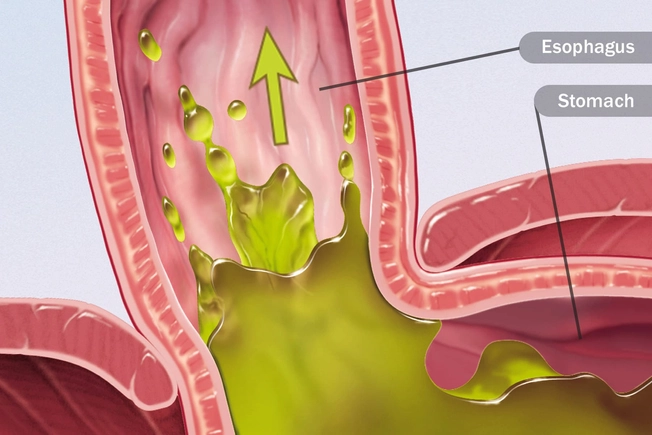
Acid Reflux
GERD (gastroesophageal reflux disease) causes food and stomach acid to travel back up toward your throat. You typically get a burning in your chest (heartburn) and a sour taste in your mouth. It also can trigger a cough reflex as the acids irritate the nerves in your esophagus. In fact, a cough is sometimes the only symptom of acid reflux. Coughing sometimes worsens GERD, which then worsens the cough in an unfortunate cycle.
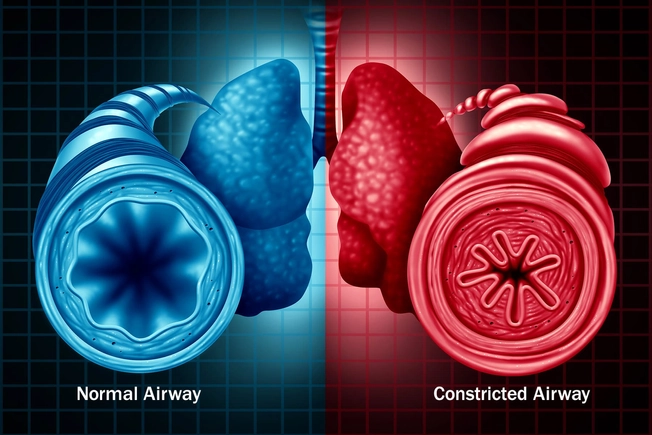
Chronic Bronchitis
It’s part of a group of diseases most often linked to smoking called COPD (chronic obstructive pulmonary disease), in which tobacco smoke or other air pollutants inflame, damage, or narrow the tiny sacs inside your lungs and make it harder to breathe. You might feel tight in your chest and you typically have a cough, sometimes with wheezing that doesn’t go away. The most effective treatment if you are a smoker is to quit smoking. Other, rarer lung diseases that can cause a longstanding cough include interstitial lung disease and bronchiectasis.
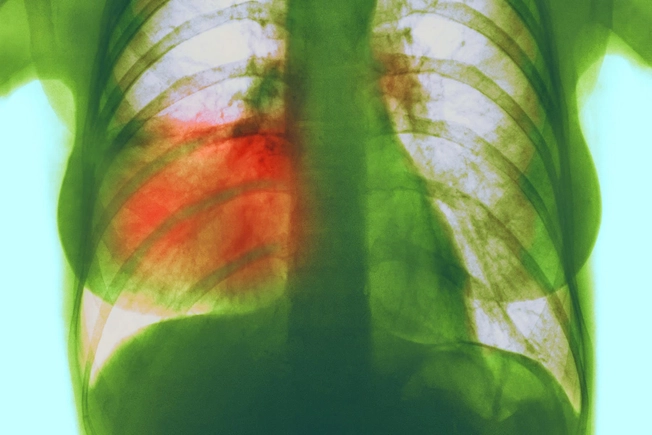
Pneumonia
Bacteria, viruses (including COVID-19), or fungi can inflame tiny sacs in your lungs, which fill with fluid or pus. You might have chills, fever, and trouble breathing, and cough up colored mucus. In adults, the most common cause are bacteria, which can be treated with an antibiotic. Symptoms like cough can stick around in very young kids, or people who are older, sick, or have weak immune systems.

Whooping Cough
Most common in infants, this bacterial infection has reappeared more recently in adolescents and adults because of missed vaccinations, including “booster” shots kids need in the teen years. The “whoop” refers to the telltale sound your chest often makes when you breathe in with the infection. But the persistent cough that sometimes develops in teens and adults may not include the “whoop.”

Blood Pressure Drugs
Doctors often prescribe drugs called ACE inhibitors for high blood pressure or heart failure. Though generally safe, there are a few side effects. Besides headaches, dizziness, and tiredness, 1 in 5 people develop a dry, hacking cough that won’t go away. You might notice it within weeks or up to a year after you start the medication. Your doctor may be able to switch your prescription to rid you of the cough.
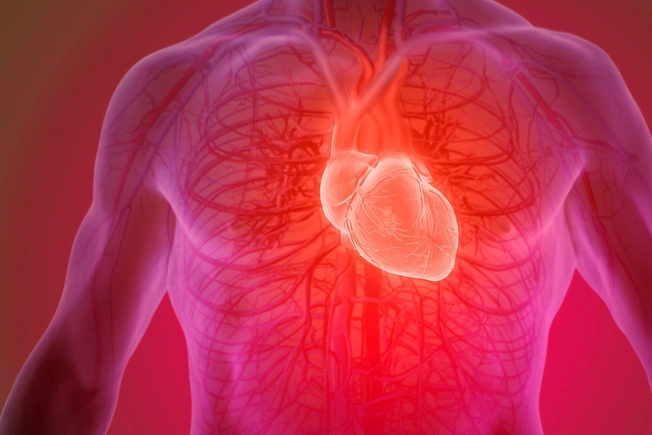
Heart Failure
Despite the name, your heart doesn’t stop working with this condition. But it does get weaker, making it harder to send enough oxygen-rich blood to your body. Blood can collect and push fluid into your lungs, making it hard to breathe, especially when you do something that’s physically hard, like exercise. The fluid often causes a persistent cough that produces white or pink mucus. You also might have swelling in the feet and ankles, tiredness, nausea, and an irregular or fast heartbeat.
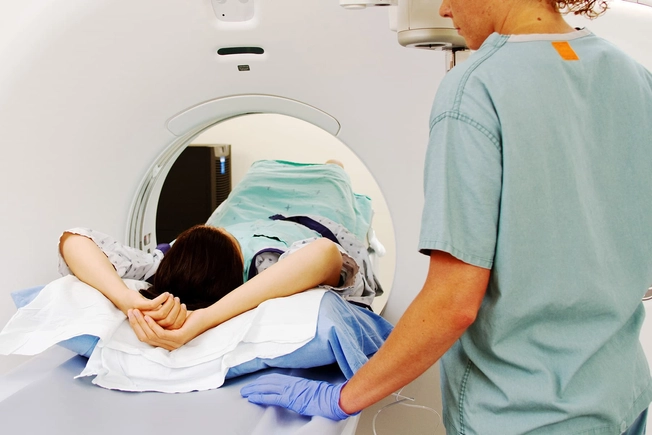
Lung Cancer
You might worry about this if you smoke, but nonsmokers do get lung cancer, too, and a long-term cough is a symptom. Whether or not you smoke, you should get a persistent cough checked out, especially if it starts to feel different or you cough up blood. If it is cancer, breathing might get harder and you might notice chest pain, headache, and wheezing. Lung cancer symptoms may not be obvious in the early stages, so tell your doctor about any symptoms you notice, especially if you smoke.

Mental Health Problems
Stress, anxiety, and depression appear to cause a persistent cough in some people (doctors call this psychogenic or somatic cough). It’s not always easy to separate cough symptoms from mental health issues, but there are some clues that can help. One is that you and your doctor can’t find a medical reason for your cough. Also, you might notice that it worsens when you’re anxious and disappears when you’re doing something fun or pleasant.

Diagnosis
Your cough is chronic after more than 8 weeks. Your doctor will get a medical history, ask about recent illness, and examine your body, especially your chest. They might prescribe drugs to fight allergies or infections if they think you have them. If that doesn’t work, your doctor could move on to X-rays, CT scans, acid reflux tests, or a scope that looks inside your lungs. The doctor might also take samples of your blood or phlegm for testing.

Treatment
A chronic cough may have more than one cause. Your doctor might try antihistamines for allergies, antibiotics for an infection, or acid blockers for GERD, one at a time, to try and pinpoint the cause or causes. But in more serious cases, they might suggest you take a few meds at once to try and stop your cough in its tracks, and then carefully remove one at a time to figure out which ones help.